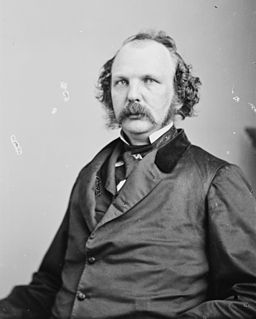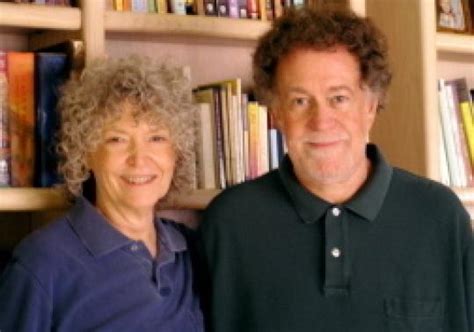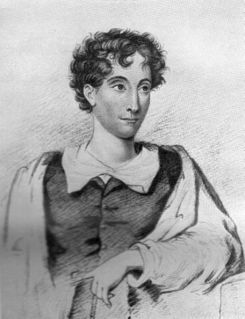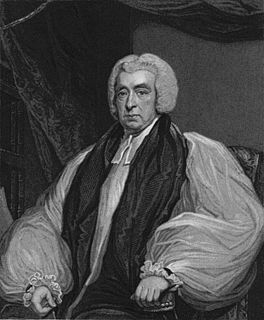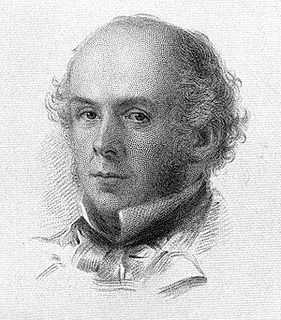A Quote by Raymond E. Feist
Dolgan: ’Tis a wise thing to know what is wanted, and wiser still to know when ‘tis achieved. Rhuagh: True. And still wiser to know when it is unachievable, for then striving is folly.
Related Quotes
I am wiser than this man, for neither of us appears to know anything great and good; but he fancies he knows something, although he knows nothing; whereas I, as I do not know anything, so I do not fancy I do. In this trifling particular, then, I appear to be wiser than he, because I do not fancy I know what I do not know.
Well I am certainly wiser than this man. It is only too likely that neither of us has any knowledge to boast of; but he thinks that he knows something which he does not know, whereas I am quite conscious of my ignorance. At any rate it seems that I am wiser than he is to this small extent, that I do not think that I know what I do not know.
O Mistress mine, where are you roaming? O, stay and hear; your true love's coming, That can sing both high and low: Trip no further, pretty sweeting; Journeys end in lovers meeting, Every wise man's son doth know. What is love? 'Tis not hereafter; Present mirth hath present laughter; What's to come is still unsure: In delay there lies not plenty; Then, come kiss me, sweet and twenty, Youth's a stuff will not endure.
The agnostic, the skeptic, is neurotic, but this does not imply a false philosophy; it implies the discovery of facts to which he does not know how to adapt himself. The intellectual who tries to escape from neurosis by escaping from the facts is merely acting on the principle that “where ignorance is bliss, ‘tis folly to be wise.
When I was one-and-twenty I heard a wise man say, `Give crowns and pounds and guineas But not your heart away; Give pearls away and rubies But keep your fancy free.' But I was one-and-twenty No use to talk to me. When I was one-and-twenty I heard him say again, `The heart out of the bosom Was never given in vain; 'Tis paid with sighs a plenty And sold for endless rue.' And I am two-and-twenty And oh, 'tis true, 'tis true.
I'm older, wiser and richer, and I still have just as many headaches. It hasn't changed me drastically; certainly, not in terms of relationships. The people I'm close to, and there aren't many of them, have been close for a long time. And we know each other well enough to know it isn't the quantity of time you spend together, it's the quality.


